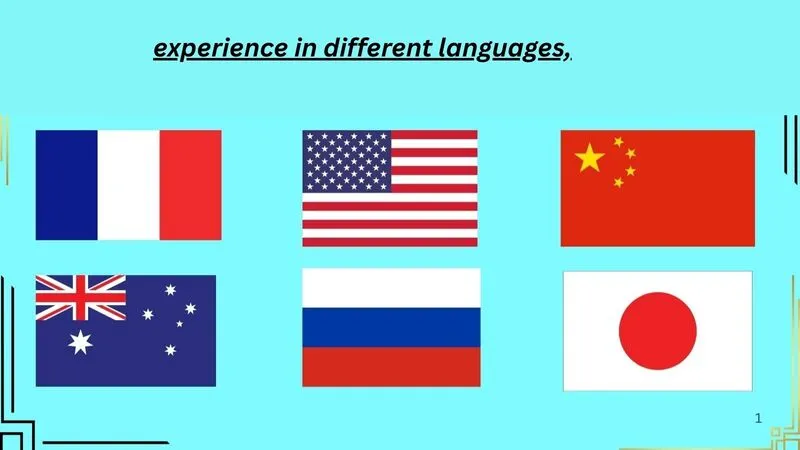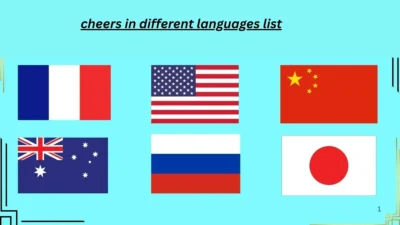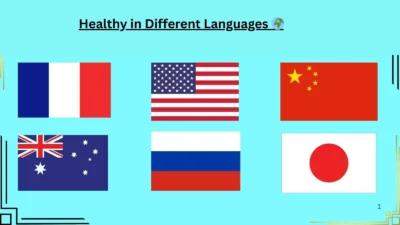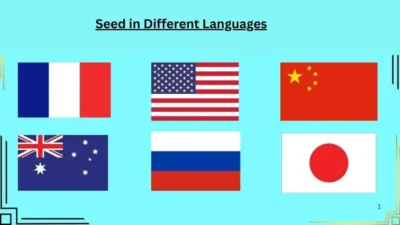When people search for the phrase “experience in different languages”, they usually want to know how to say or understand this important word across cultures.
Maybe they are travelers, students, language learners, or professionals working in an international environment. The word experience holds deep meaning—it can refer to knowledge, practice, or personal life events.
Knowing how to say experience in different languages can help you express yourself more clearly, whether you’re writing, speaking, or connecting with people worldwide.
This blog will explain the meaning of experience, why it’s useful to know it in other languages, and provide translations with examples. By the end, you’ll be able to use this word confidently when talking to anyone, anywhere.
What Does “Experience” Mean?
The English word experience has several layers of meaning:
- Practical knowledge or skill: gained by doing something. (e.g., “She has years of teaching experience.”)
- An event or occurrence: something that happens to someone. (e.g., “Visiting Japan was an unforgettable experience.”)
- The process of living through something: whether good or bad. (e.g., “He shared his experience of overcoming challenges.”)
Because it can mean knowledge, skill, or life events, experience is a very versatile word. This is why learning its equivalent in different languages helps in many real-life situations.
Why Learn “Experience” in Different Languages?
People often look for this translation because:
- 🌍 Travelers want to describe their journey experiences abroad.
- 💼 Job seekers need to explain their work experience in CVs and interviews.
- 🗣️ Language learners want to practice vocabulary in a useful context.
- 🤝 Global communication requires expressing knowledge and life experiences with clarity.
By learning this word in multiple languages, you can confidently share your personal and professional stories.
Translations of “Experience” in Different Languages
Here are some translations of the word experience:
- Spanish: experiencia
- French: expérience
- German: Erfahrung
- Italian: esperienza
- Portuguese: experiência
- Russian: опыт (opyt)
- Chinese (Mandarin): 经验 (jīngyàn)
- Japanese: 経験 (keiken)
- Korean: 경험 (gyeongheom)
- Arabic: تجربة (tajriba)
- Hindi: अनुभव (anubhav)
- Greek: εμπειρία (empeiría)
- Turkish: deneyim
- Swahili: uzoefu
How to Use “Experience” in Sentences (Different Languages)
Here are some examples of how you might use it:
- English: “I have five years of work experience.”
- Spanish: “Tengo cinco años de experiencia laboral.”
- French: “J’ai cinq ans d’expérience professionnelle.”
- German: “Ich habe fünf Jahre Berufserfahrung.”
- Japanese: “私は5年間の仕事の経験があります。” (Watashi wa gonenkan no shigoto no keiken ga arimasu.)
These examples show how experience is commonly used in professional and everyday contexts.
Conclusion
The word experience is powerful because it reflects what we learn, live, and achieve. By knowing how to say experience in different languages, you can describe your knowledge, skills, and memories across cultures. Whether you’re preparing a CV, telling a travel story, or learning a new language, this word will help you connect more deeply with others.



